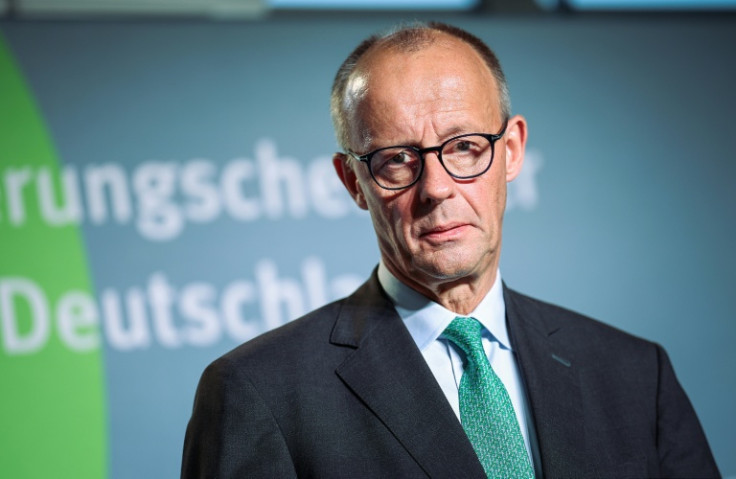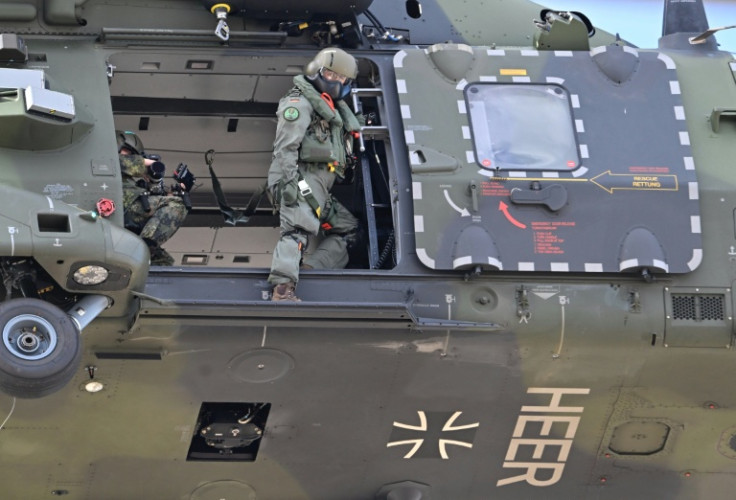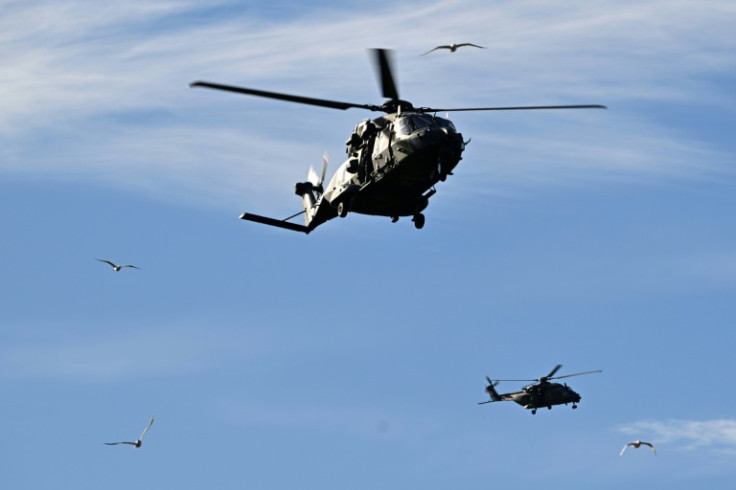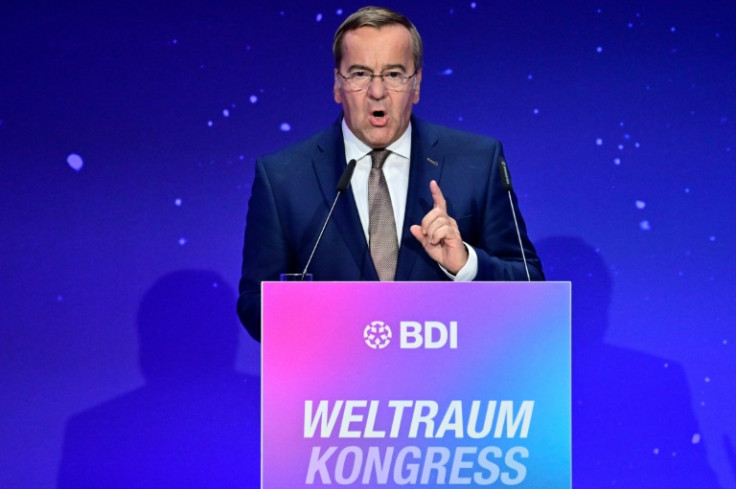Germany Vows Defence Against Russia In Drone Warfare And In Space

Germany said Thursday it would step up its defences -- from drone warfare to outer space -- at a time of growing tensions between Russia and NATO while the Ukraine war grinds on.
Recent weeks have seen Russia send fighter jets and drones into NATO airspace in Poland and Romania, followed by suspicious drone flights near airports in Denmark and Norway.
German Chancellor Friedrich Merz -- whose government has also blamed Moscow for multiple drone sightings over German military and industrial sites -- vowed "all necessary measures to ensure effective deterrence against these violations of airspace and other attacks by the Russian military".
Europe's biggest economy has strongly backed Ukraine in its war against Russia and, since Merz took power in May, vowed to massively step up military spending to help boost NATO's European capabilities.
Defence Minister Boris Pistorius said Thursday that Germany would spend 35 billion euros ($41 billion) on outer space defence by 2030, citing the threat posed by Russia and its ally China.
"Russia and China have in recent years rapidly expanded their capabilities for conducting warfare in space," he said. "They can disrupt, jam, manipulate or even physically destroy satellites."
Germany's space security architecture would comprise "a resilient system of satellite constellations, ground stations, secure launch capabilities and related services" as well cybersecurity, he said.
Berlin was also "improving our situational awareness in orbit through the use of radar, telescopes and the future deployment of space surveillance satellites".
Pistorius warned that any future use of space weapons could have a severe impact on modern life because "satellite networks are an Achilles heel of modern society. Those who attack them can cripple entire nations."
German Interior Minister Alexander Dobrindt meanwhile warned of Russian "aggression" closer to Earth and said Germany was strengthening its "operational capabilities by developing drone defence systems".
In Europe "we are engaged in an arms race between the threat posed by drones and the means to counter them," he said, citing the recent incidents in Poland, Romania, Denmark and Norway.
Dobrindt said Germany would boost investment and change its aviation safety rules to allow it to better "detect, defend and intercept" unmanned aerial vehicles.
While he spoke in parliament, the German armed forces launched a three-day exercise dubbed "Red Storm Bravo" in the northern port city of Hamburg.
The military exercise was set to involve around 500 soldiers as well as police, firefighters and other emergency services, and see a convoy of armoured vehicles cross through the city.
"In the fictional exercise scenario of Red Storm Bravo, we assume an escalating conflict in the Baltic region," said a spokeswoman for the German army. "To achieve effective deterrence, troops and personnel will be deployed through Hamburg."
Away from public view, a drill will simulate a "mass casualty incident" in a harbourside area, local media reported.
Protests under the rallying cry of "No War Games in Hamburg", organised by left-wing groups, were expected outside Hamburg's city hall on Friday and near the central railway station on Saturday.



© Copyright AFP 2025. All rights reserved.




















